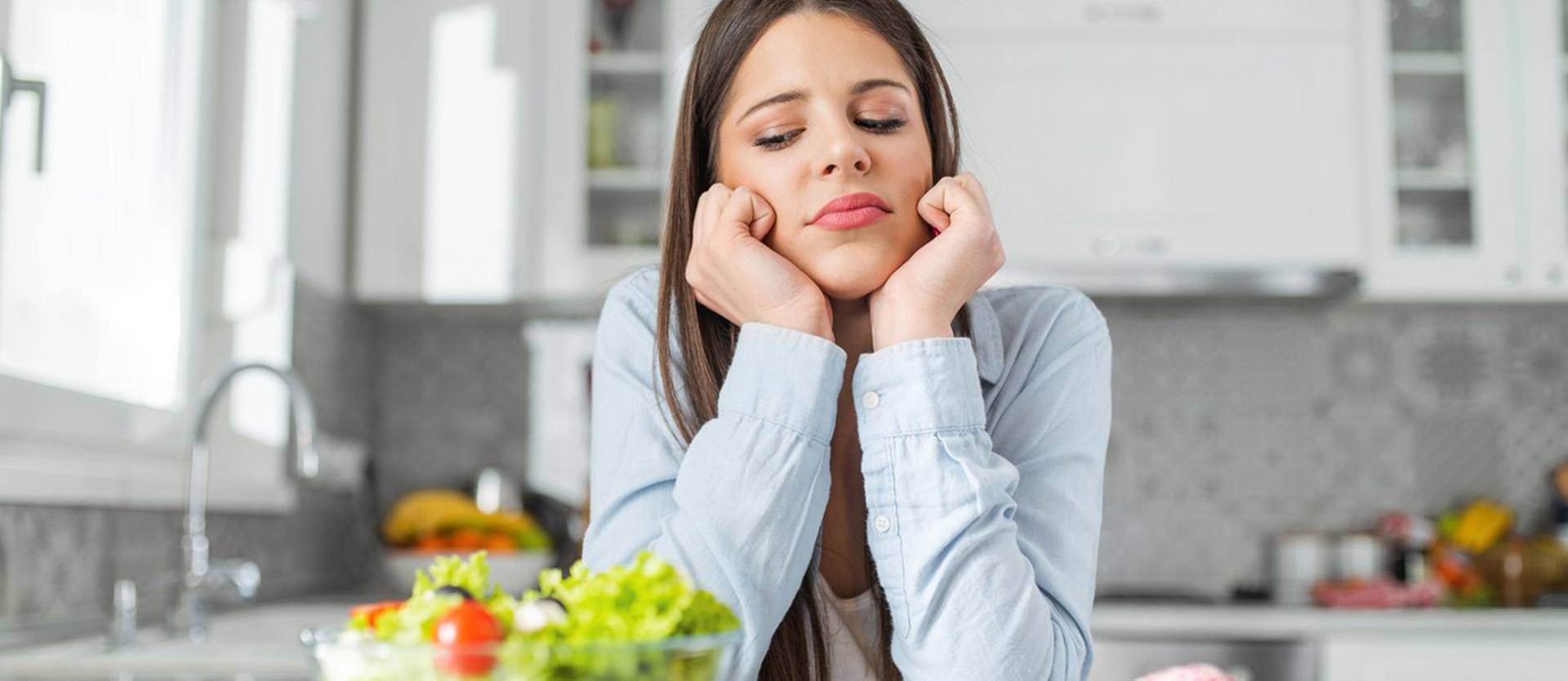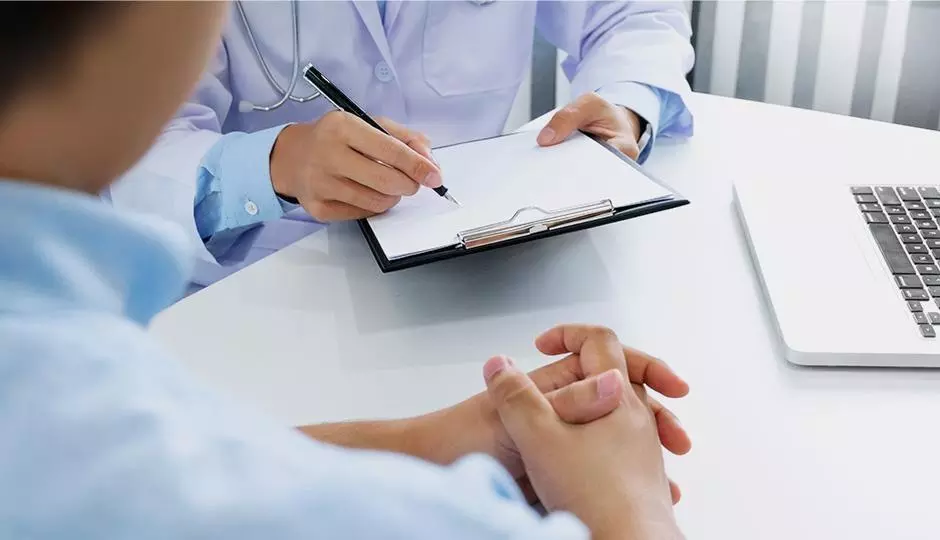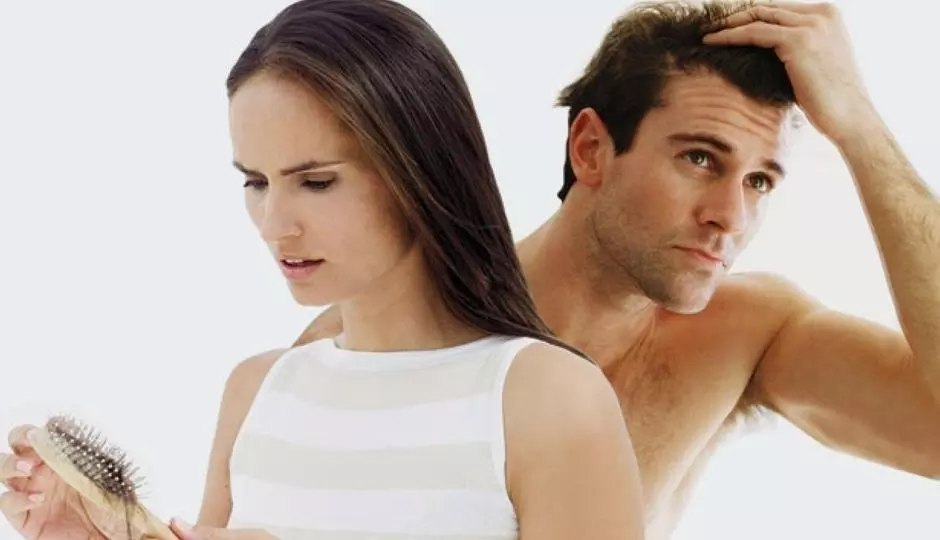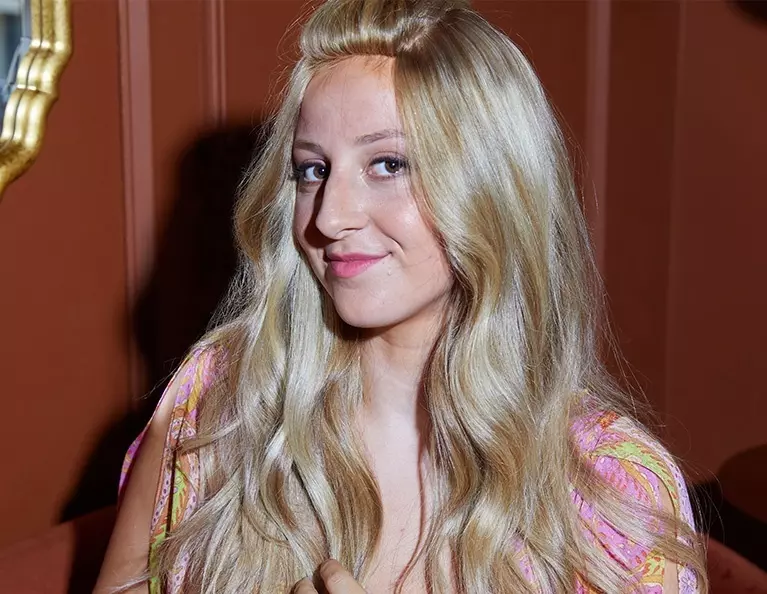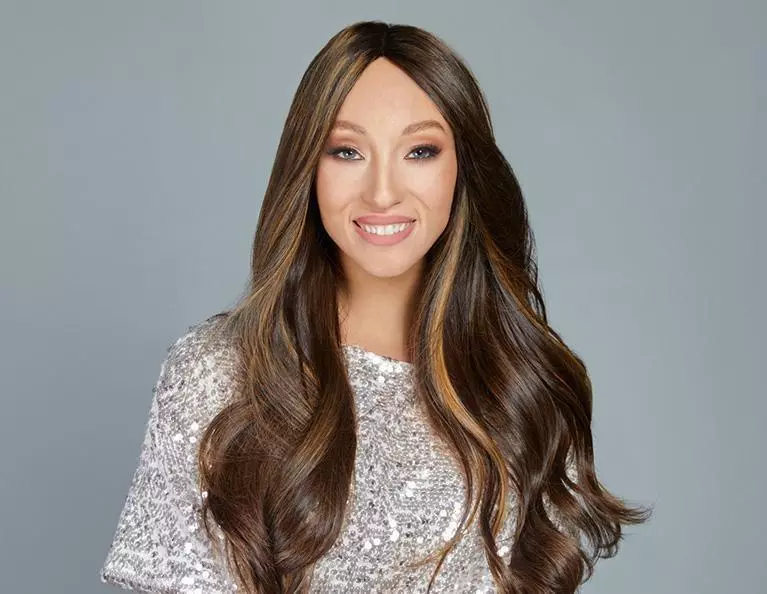None of us like going through periods of stress. Yet they are part of life, so we must deal with them as best we can whenever they arise. While the title of this article looks like it is attempting to roll two topics into one, they are connected, especially when it comes to potential hair loss. Eating properly is hardly at the top of your to-do list at tough times. You may lose your appetite. So, it’s good to understand how these two elements dovetail together if you are keen on hair loss prevention.
How Does Stress Affect Your Hair?
Hair goes through several stages – forming new hairs, hair growth, the shrinkage of the hair follicles, and finally the loss of individual hairs to allow new ones to form and grow.
Each individual hair goes through a resting phase. This is followed by the loss of those hairs in readiness for new ones to appear. Normally, only a tiny amount of the hair follicles on your head will be in this resting phase at the same time. However, stress can increase the number in this phase. Hence why you might notice you’re losing more hair than normal – but only after a few months of the stressful event or time, rather than at the time it occurs.
How Long Does It Take for Hair to Grow back After Stress?
Fortunately, hair loss like this is temporary. New hairs will grow from those follicles, and you’ll start to notice new hair coming through over time. It does take months though. If it is particularly noticeable, a fresh haircut might help.
How Does Diet Affect Hair Growth?
We all know a balanced diet helps maintain good health. There are no guarantees, of course, but it’s wise to steer clear of processed foods as much as possible and to eat a good range of fresh fruits and vegetables each day too. These can give us all the vitamins and minerals we need – some of which are essential for supporting healthy hair.
Lack of protein has been highlighted as a possible culprit for increased hair loss. Biotin is essential because it helps us produce keratin, and this in turn supports healthy hair, along with skin and nails. So, if you’re not eating well and lacking in biotin, you might notice the difference in these areas.
If you eat a balanced diet, you’re likely to get all the vitamins and minerals required to support your health and hair growth. However, in times of heightened stress, the last thing you’ll feel like doing is cooking healthy meals. You may be more likely to grab snacks or preprepared foods, which are far more likely to be lacking in nutrients and packed with things we shouldn’t eat much of.
We all know that sugary foods are fine in moderation, but the more we eat, the more likely we are to experience negative health effects. Sugar appears to encourage inflammation in the body, according to research, and this can affect hair follicles along with many other parts of the body.
What Should You Eat When You Are Stressed?
Try and opt for whole foods as much as possible, particularly those that are easy to prepare or cook. You likely won’t have the headspace for much cooking, so think of quick solutions. Oatmeal is great for breakfast, especially as you can cold soak it overnight for a quicker breakfast the next day. Add a handful of fruit if you can.
Fresh fish, including salmon and tuna, is quick to cook with a range of vegetables. This provides a healthy dinner within minutes. Lean chicken or turkey are good options too, as you can cook them in a variety of ways. (I often slice a chicken breast in half horizontally to make two thinner fillets, then cook it quickly over a higher heat for simplicity. You can add herbs, spices, or whatever you fancy in seconds.)
None of us can avoid stress altogether. Yet there are ways we can make sure we still eat a relatively healthy diet that will help us feel our best during tough times. And we should be better able to stop hair loss during these times too.
To learn more, contact the team at Unique Hair Concepts for a complimentary, in-person hair and scalp analysis.
